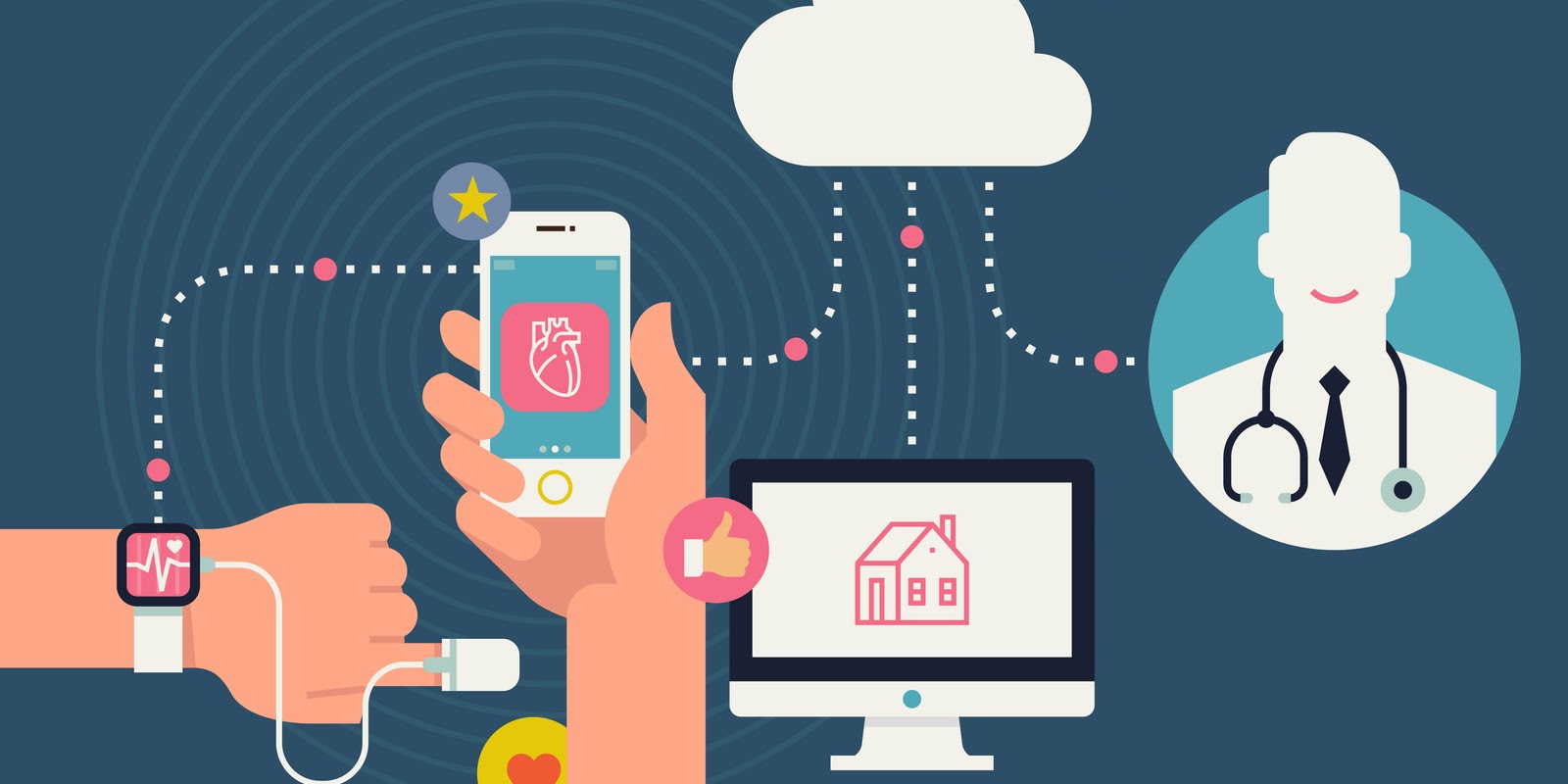In this day and age, it seems that all of us that are connected to the internet or using one of the vast catalogs of new devices that connect to the internet have become detectives. There is so much hype surrounding privacy and safety concerns when it comes to devices that it can easily lead to distrust towards product vendors and the internet in general. Although, this doesn’t have to be the case when we educate ourselves a little bit on the subject and realize that ultimately it is up to the user to ensure good privacy and cybersecurity. Moreover, it is really important to understand that any device that you own today, if not configured properly for proper privacy and cybersecurity, has the potential to create trouble for you in many ways. Devices keep a log of your locations which poses a risk, as well as log a plethora of other information about you all the time. Let’s look at which devices hold what types of information about you, what the risks are, and how to best resolve these issues for an optimal digital experience.
What Types of Data Do All of Your Connected Devices Track?
Every connected device on sale today, or those that aren’t older than a few years, can relay information about you to other parties as well as track you. The types of devices that do this are in the below list. Some of these may seem unbelievable and shock you, but it is a fact that they track you. We’ll start with the obvious and then the not-so-obvious as follows;
- Laptops
- Smartphones
- Tablets
- Smart TVs
- Smart Watches
- Kitchen Appliances
- Cable, Satellite and Digital Receivers
- Internet Routers
- Webcams
- Security Cameras
- Medical Devices
- Smart Home Devices
- Other IoT Devices
This list will probably draw some laughs, and shock others while some may not believe that something like a kitchen appliance can track personal information about you without your consent. It gets crazier because a kitchen appliance is far from weird compared to what you are about to hear. Did you know that your Smart TV can track you, for example? There are a whole bunch of IoT (Internet of Things) devices out there today, which include niche appliances such as the Apple AirTag, smart home thermostats, connected speakers and hubs, and even smart home lighting and smart locks. All of these devices not only log and track information about you and your family for instance but can be breached by a malicious individual/hacker if not properly secured. Essentially, it is impossible to list every conceivable device that is connected to the internet and the list above is just a general overview. What’s important to understand is that anything that is connected to the internet can relay information to a website, server, or third-party source without your consent. This is especially risky if that device assists you in some way or has permission to access your location or any other personal information about you.
Cybersecurity Best Practices to Avoid Device Tracking
It is important to understand that your internet safety and privacy are entirely your responsibility. The 2020s are looking like a time when all of us are going to have to take our cybersecurity and privacy seriously, even fight for those exact rights. As social media giants experience scandal after scandal and online data collection gets even more aggressive, not to mention the amount of cybercrime out there, it is high time to consider the following steps for your peace of mind (while using connected devices). Let’s not forget that things like cookies, ad targeting, and low-security web browsers also present transparency issues. With all of this in mind, here is the list;
- Always use a premium VPN or Virtual Private Network when connecting to the internet
- Make sure that you change your router’s password from the default one
- Switch off any unnecessary settings on your devices privacy settings
- Switch off all ad-tracking and interest-based ads options on your devices
- Use unique, complex passwords across all of your devices, and don’t’ repeat them
- Disable any Google tracking settings if your devices are connected to Google
- Be careful what you give ‘permission’ or ‘access’ to on your devices
- Turn of any background microphone recording settings on your devices
As far as your laptop, smartphone and tablet are concerned these are the typical devices that everyone has and they all have inherent privacy and cybersecurity features that should be well looked into. As far as IoT devices go, such as those in the lists above, most people are unaware of the fact that these devices contain motion sensors, microphones, and video cameras (depending on what the device is.) Remember that large organizations are rarely liable (and even rarer that they help you) for privacy or cybersecurity incidents arising from their products. Using cybersecurity common best practices before you start using your connected device is a good way to immediately future-proof yourself against privacy and cybersecurity issues.
